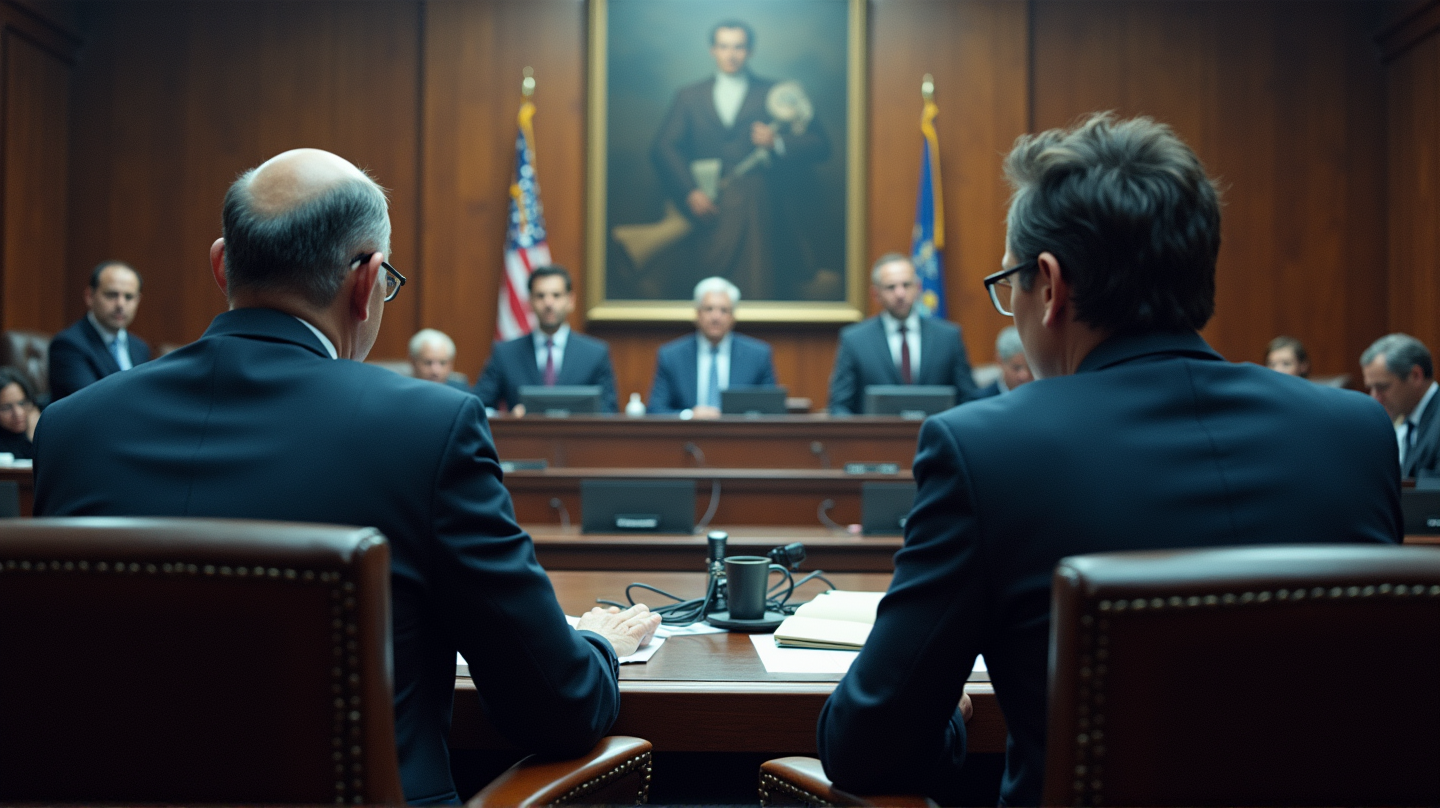The Unfolding Drama
In a move that has captivated the tech world, Apple has taken a bold stand against the UK government, positioning itself at the heart of a legal confrontation that could redefine digital privacy norms. This unprecedented court case sees Apple opposing new UK regulations that compel access to encrypted iCloud data, choosing instead to restrict service to millions of users.
A Stand for Privacy
Apple’s actions highlight an unwavering commitment to its privacy policies, even when faced with governmental demands for backdoor access to encrypted data. The company has officially filed a claim against the British Home Department’s Secretary of State, challenging the legality of compelled encryption access. According to inkl, Apple’s decision signals broader implications for tech companies worldwide.
International Repercussions
The ramifications of this case stretch far beyond UK shores. Tech giants such as Google, Meta, and Microsoft are watching closely, aware that similar demands might reach them soon. Notably, the U.S. has voiced “grave concerns” regarding the potential violation of privacy and civil liberties, emphasizing the global significance of the case.
The Ethical Dilemma
While some argue that backdoor access could assist in combating serious crimes, Apple and many privacy advocates worry about potential abuses. For every case where access thwarts threats, who watches the watchmen in ensuring such power isn’t misused? The discussion isn’t merely theoretical but touches upon the essence of individual rights in the digital age.
The Unknown Outcome
Apple’s appeal, shrouded in uncertainties, underlines the unpredictable nature of such judicial proceedings. Each outcome holds significant implications, not just for Apple but for tech policies worldwide, shaping the dialogue on how tech companies interact with government regulations concerning user data.
A Precedent-Setting Moment
As the case unfurls, it serves as a litmus test for future interactions between legislative authorities and technological custodians of data. As other governments might emulate the UK’s approach or react differently, the digital landscape stands on the brink of pivotal evolution. For users, it serves as a stark reminder of the ongoing battle to protect privacy in a connected world.
Reflections and Resonance
Ultimately, this legal confrontation reflects broader societal tensions about freedom, safety, and the boundaries of surveillance, forcing everyone to ponder where the line should be drawn. Whatever the outcome, it will herald a new chapter in the dialogue between technology, privacy, and governance, challenging us all to redefine these boundaries in this rapidly changing era.
